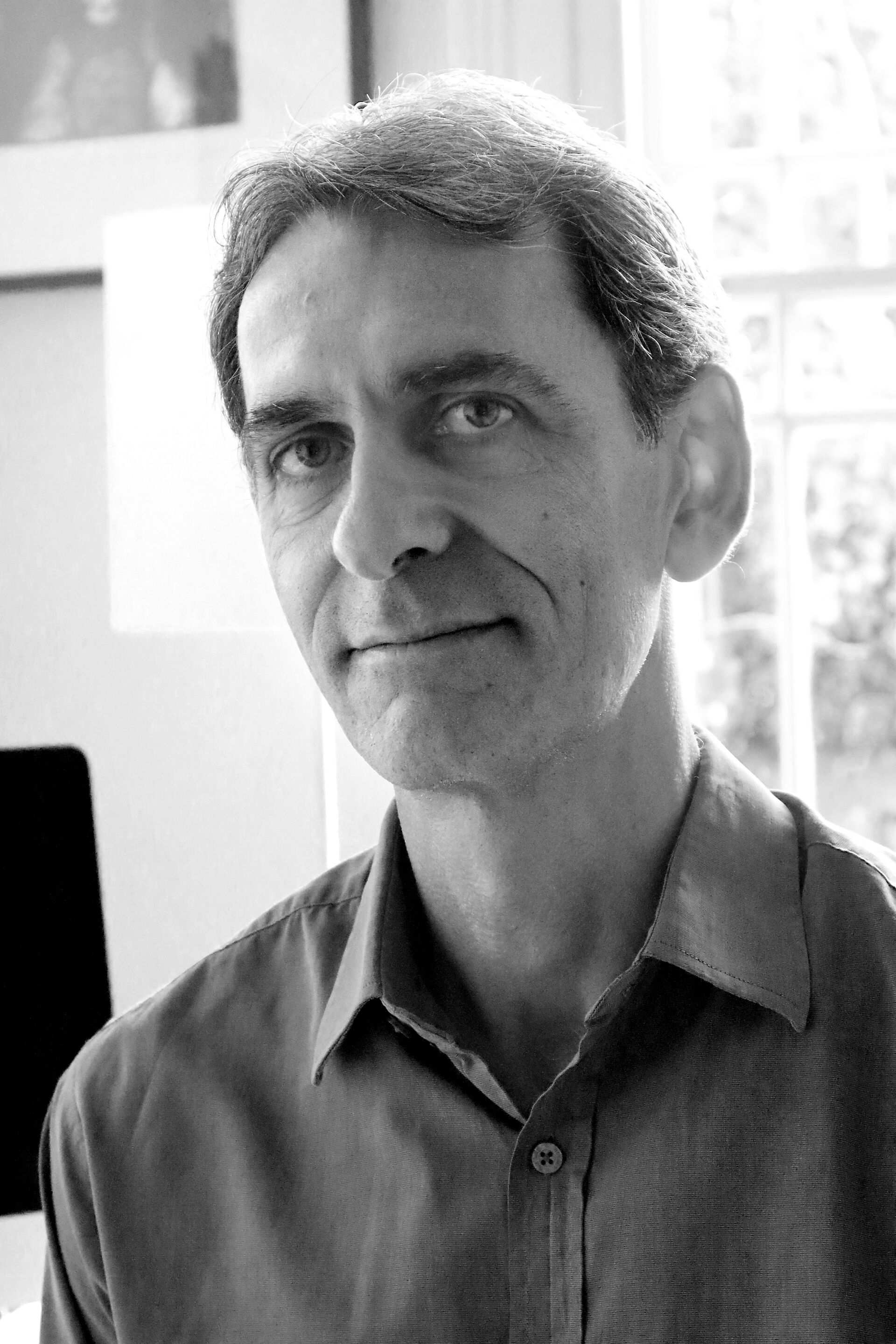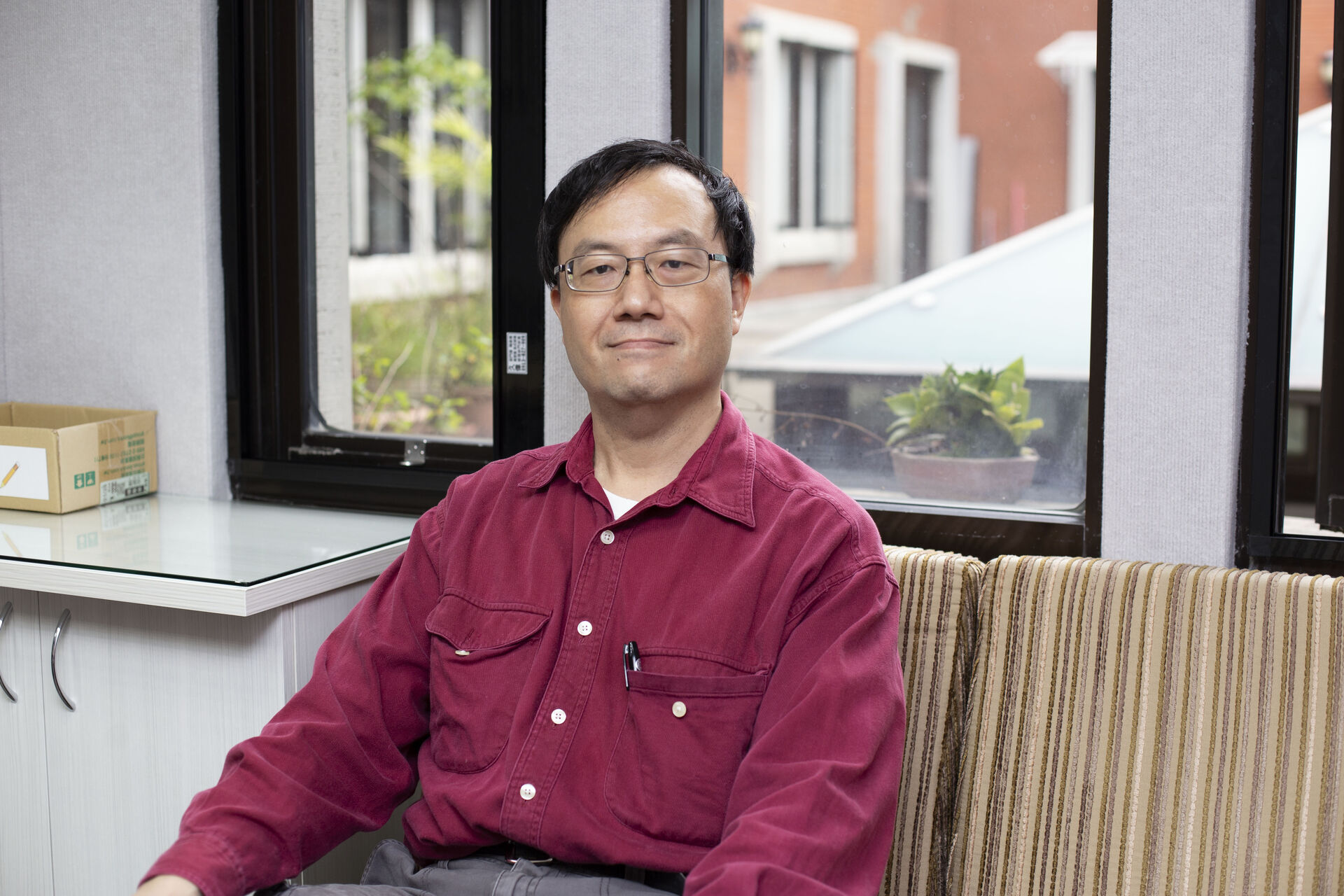Topic
Can history help us to make sense of the COVID-19 pandemic? Is a comparison to the Spanish Flu of 1918 illuminating? How do differing responses around the world reflect local traditions in medicine and public health? Does the history of global health help us to understand the challenges we are facing? In this webinar part of the Global Health and the Pandemic series, the following speakers will try to discuss the places that the COVID-19 pandemic could hold in the history of medicine.
Speakers
 Mark Honigsbaum is a medical historian, journalist and academic with wide-ranging interests encompassing health, technology, science and contemporary culture. A regular contributor to The Lancet, he is the author of five books including The Fever Trail: In Search of the Cure for Malaria (Farrar, Straus and Giroux, 2001) and Living With Enza: The Forgotten Story of Britain and the Great Flu Pandemic of 1918 (Macmillan, 2009), which was long listed for the Royal Society science book of the year. His most recent book, The Pandemic Century: One Hundred Years of Panic, Hysteria and Hubris (Hurst, 2019) was named a ‘heath book of the year’ in the Financial Times. The paperback edition, with a new chapter on the COVID-19 pandemic, will be published in June by Penguin as The Pandemic Century: A Global History of Contagion from Spanish Flu to Covid-19. A former Wellcome Research Fellow, Mark is currently a Senior Lecturer at City, University of London, where he leads modules on the history of journalism and health and science reporting. His research interests include the history of disease ecology and the role that the media and incomplete scientific knowledge plays in the production of vaccine conspiracy theories. When not under ‘lock down’ at his desk, he can be glimpsed wandering the parks and waterways of west London with a large Goldendoodle.
Mark Honigsbaum is a medical historian, journalist and academic with wide-ranging interests encompassing health, technology, science and contemporary culture. A regular contributor to The Lancet, he is the author of five books including The Fever Trail: In Search of the Cure for Malaria (Farrar, Straus and Giroux, 2001) and Living With Enza: The Forgotten Story of Britain and the Great Flu Pandemic of 1918 (Macmillan, 2009), which was long listed for the Royal Society science book of the year. His most recent book, The Pandemic Century: One Hundred Years of Panic, Hysteria and Hubris (Hurst, 2019) was named a ‘heath book of the year’ in the Financial Times. The paperback edition, with a new chapter on the COVID-19 pandemic, will be published in June by Penguin as The Pandemic Century: A Global History of Contagion from Spanish Flu to Covid-19. A former Wellcome Research Fellow, Mark is currently a Senior Lecturer at City, University of London, where he leads modules on the history of journalism and health and science reporting. His research interests include the history of disease ecology and the role that the media and incomplete scientific knowledge plays in the production of vaccine conspiracy theories. When not under ‘lock down’ at his desk, he can be glimpsed wandering the parks and waterways of west London with a large Goldendoodle.
 Shang-Jen Li is a research fellow at the Institute of History and Philology, Academia Sinica. He is a historian of medicine working on the history of tropical medicine and the history of Western medicine in China in the nineteenth and the early twentieth centuries. Dr. Li completed his PhD in history of medicine at Imperial College, London. He has published articles in journals such as Social History of Medicine, Isis, Journal of the History of Biology, and has published a biography of Sir Patrick Manson entitled A Physician to Empire: Patrick Manson and the Founding of British Tropical Medicine. Dr. Li is currently working on a book on missionary medicine in China in the late Qing period.
Shang-Jen Li is a research fellow at the Institute of History and Philology, Academia Sinica. He is a historian of medicine working on the history of tropical medicine and the history of Western medicine in China in the nineteenth and the early twentieth centuries. Dr. Li completed his PhD in history of medicine at Imperial College, London. He has published articles in journals such as Social History of Medicine, Isis, Journal of the History of Biology, and has published a biography of Sir Patrick Manson entitled A Physician to Empire: Patrick Manson and the Founding of British Tropical Medicine. Dr. Li is currently working on a book on missionary medicine in China in the late Qing period.
 Jean-Paul Gaudilliere is historian of science and senior researcher at the Institut National de la Santé et de la Recherche Médicale (Inserm). His work explores the history of the life sciences and medicine during the 20th century with recent research focusing on the history of pharmaceutical innovation and the uses of drugs on the one hand, the dynamics of health globalization after World War II on the other hand. From 2014 to 2019, he coordinated the European Research Council project From international to Global: Knowledge, diseases, and the postwar government of health.
Jean-Paul Gaudilliere is historian of science and senior researcher at the Institut National de la Santé et de la Recherche Médicale (Inserm). His work explores the history of the life sciences and medicine during the 20th century with recent research focusing on the history of pharmaceutical innovation and the uses of drugs on the one hand, the dynamics of health globalization after World War II on the other hand. From 2014 to 2019, he coordinated the European Research Council project From international to Global: Knowledge, diseases, and the postwar government of health.
Moderator
Christoph Gradmann is a historian and professor at the Department for Community Medicine and Global Health at the University of Oslo. His current focuses on infectious diseases, tuberculosis in particular, within the global health context.
Webinar format
This webinar will be a conversation between Jean-Gaudilliére from Paris, Mark Honigsbaum from London and Shang-Jen Li from Taipei followed by an open Q&A session, moderated by Christoph Gradmann. All participants must register (below) for the webinar in order to receive the Zoom link. Please note that this webinar will be recorded and distributed to those who registered but were unable to join.
On the seminar series Global Health and the Pandemic:
The Centre for Global Health at the University of Oslo is providing a virtual space for scholars, practitioners, researchers, students and advocates through its webinar series, Global Health and the Pandemic. This series will provide reports from the frontlines and foster critical discussions on global health headlining the COVID-19 pandemic.
